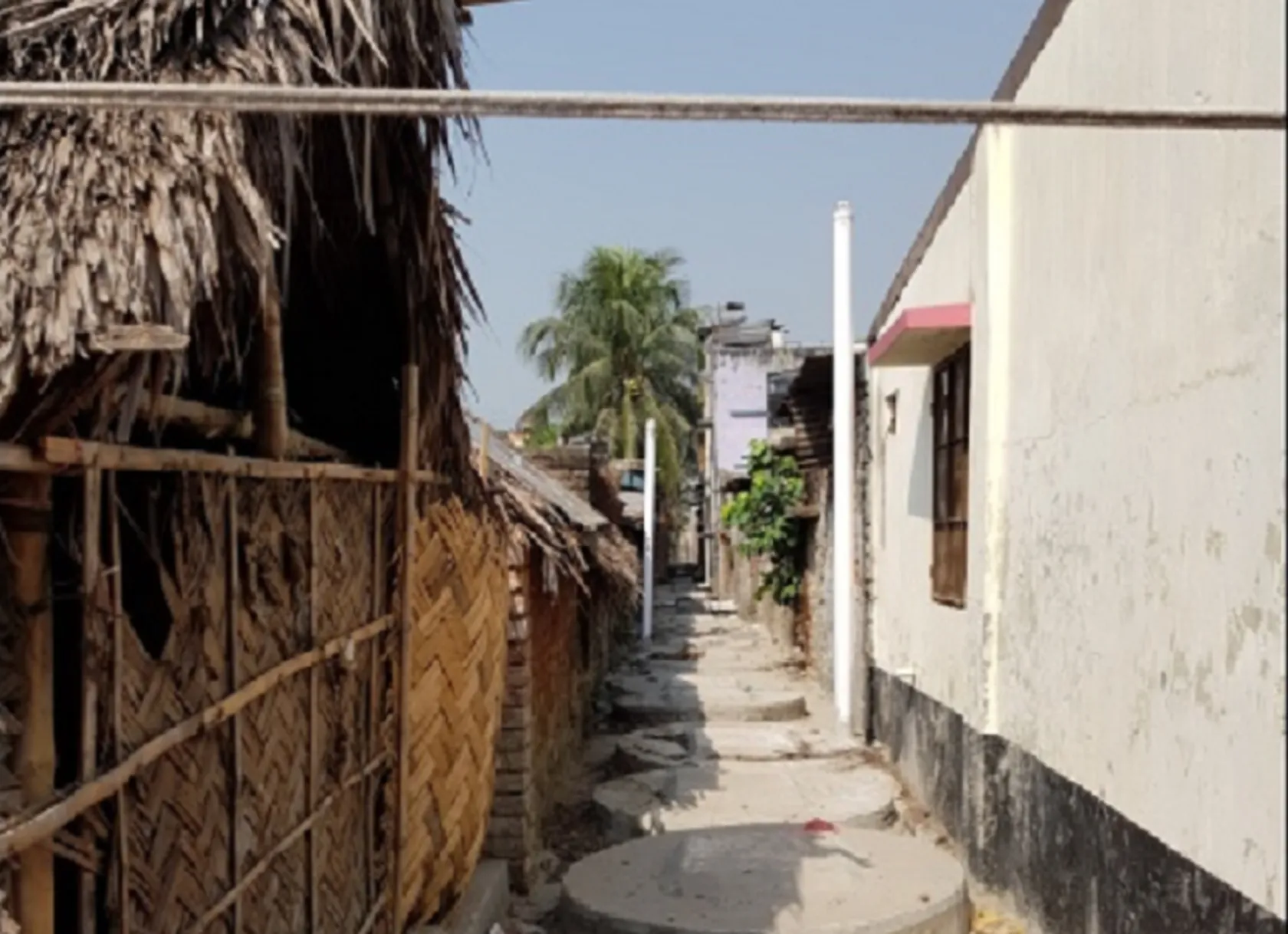
Decentralised wastewater treatment in Khulna
Explores ways to increase the effectiveness of decentralised wastewater treatment systems to better serve households in low-income urban areas.
Abstract
Piped sewage connections in (fast-emerging) cities are not always possible. The limited availability of space, high costs of infrastructure development, and/ or high service rates/ fees are just among the many reasons why faecal sludge treatment alternatives are needed. Decentralised wastewater treatment systems promise low-cost sanitation solutions but it is not without its own set of challenges.
In this case study, the authors investigate the technical aspects of the system; overall systems performance viewed through several lenses (e.g., water quality, sludge volume, user satisfaction, etc.); and community involvement in planning, decision-making, operations, and maintenance. The authors conclude that despite some issues experienced by residents of Ward 10 in Khulna Bangladesh, decentralised wastewater treatment systems are still a viable option. To ensure that the system provides a quality service standard, they recommend several design options to consider to deepen informed choice and decision-making processes.
Bibliography
SNV in Bangladesh, 'Decentralised wastewater treatment systems in Khulna: community-based and low-cost sanitation solutions', Case Study, Dhaka, SNV, 2022.
Contributors
Constanze Windberg, Shaker Ahmed, and Marc Pérez Casas
Donors & Partners
Bill & Melinda Gates Foundation, Khulna City Corporation, and Water & Sanitation for the Urban Poor
For more information
Marc Pérez Casas, Sector Leader-Water, SNV in Vietnam, and Shahidul Islam, Sector Leader-Water, SNV in Bangladesh

